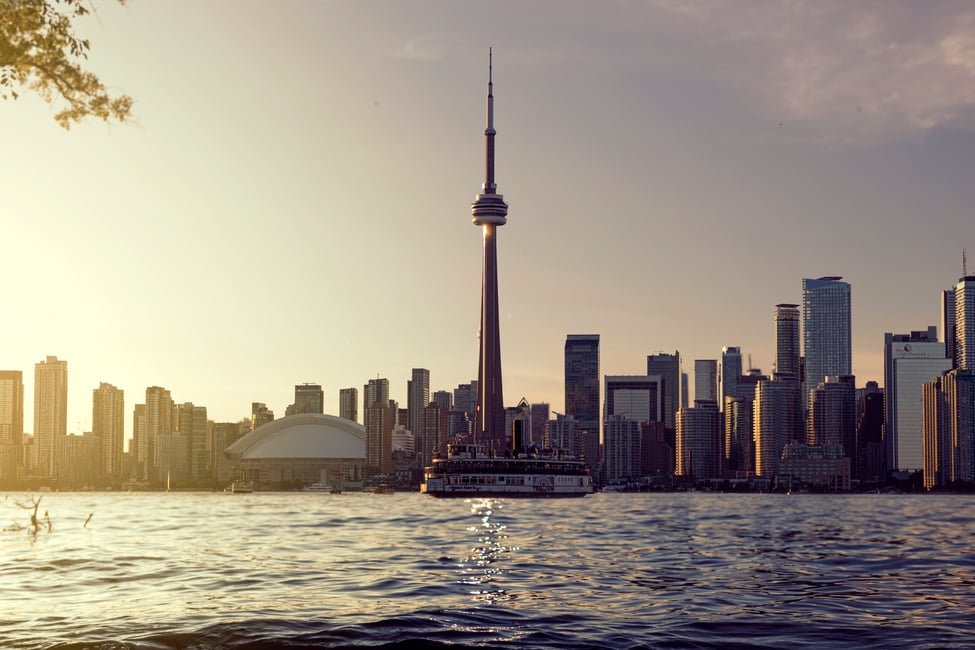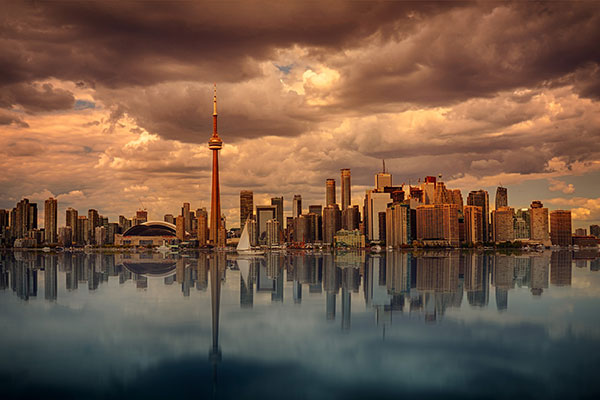The most ambitious land development project in Toronto recently, called Smart City, was one of the hottest topics for the past couple of years with its revolutionary and futuristic idea to integrate sophisticated technology into urban planning and living (read more about the project here). After testing out ideas and drafting proposals for the past 2.5 years, the developer, Google's sister company, Sidewalk Labs, cancelled the project due to economic uncertainty. While there have been certain challenges revolving around privacy and costs since the beginning, COVID-19 was the final straw that had the developer back out.
Regardless of the controversies surrounding the project, its cancellation is still a setback for Toronto. The project would have made Toronto the first city to use the Internet as a core part of its infrastructure and catapult it to fame as an innovation pioneer.

Sidewalk Labs worked on the project with the government-owned organization Toronto Waterfront, and the hopes of a better, more modern, and eco-friendlier Toronto were very high on both sides.
How the 12 acres of land that were reserved for the project will now be used is left to be seen, but meanwhile, let's go through the things Toronto missed out on with the project not moving forward.
Smart and affordable Toronto condo solutions
With an initial plan to add 2,500 energy-efficient and self-sufficient homes (alongside multi-purpose, convertible office spaces and commercial buildings), Toronto would have not only gained a superb green neighbourhood, but also narrowed the gap between housing supply and demand, one of the city's biggest burning needs.
The Quayside housing plan also aimed to sell 40% of the brand-new homes below market price, which would have eased the pains of many Downtown Toronto homebuyers who were and still are looking to set foot in the competitive Toronto real estate market.
Given that social housing projects are associated with low- quality construction or distant undesirable areas most of the time, Quayside's highly modern homes available at affordable prices in one of the best Downtown Toronto locations would have been a great opportunity for Downtown Toronto homebuyers.
Job creation
The Quayside project on the Toronto Waterfront would have accounted for significant job growth. Besides foreseeing a tall-timber production factory that was supposed to generate 4,000 jobs, the entire smart city area was projected to add 44,0000 jobs, creating new career opportunities and generating more tax revenue.
A more comprehensive eco-friendlier system
One of the project's biggest priorities was introducing green living on a much larger scale with energy-efficient building designs, enhanced recycling and waste reduction methods, an infrastructure that prioritizes pedestrians and cyclists and lots of green spaces. All of these wonderful things would perhaps serve as a prototype for future community developments, inspiring other land developers to follow suit and build more sustainable, more pollution-free and more responsible residential neighbourhoods.
What it means for Toronto's future?
While the Quayside project would have opened Toronto to more opportunities, Toronto still remains a strategic innovation hub in North America, and the next big project is probably just around the corner. Sidewalks Lab has laid the foundation for a new groundbreaking perspective on urban planning giving us a glimpse of how smart technology could improve our environment and our lifestyle. The visionary approach and innovative ideas will play a key role in future urban planning in Toronto and the Downtown Toronto waterfront which will further highlight Toronto’s significance as a leading city around the globe.
For more information on Toronto condos, available listings and Downtown Toronto neighbourhoods, contact me here.



